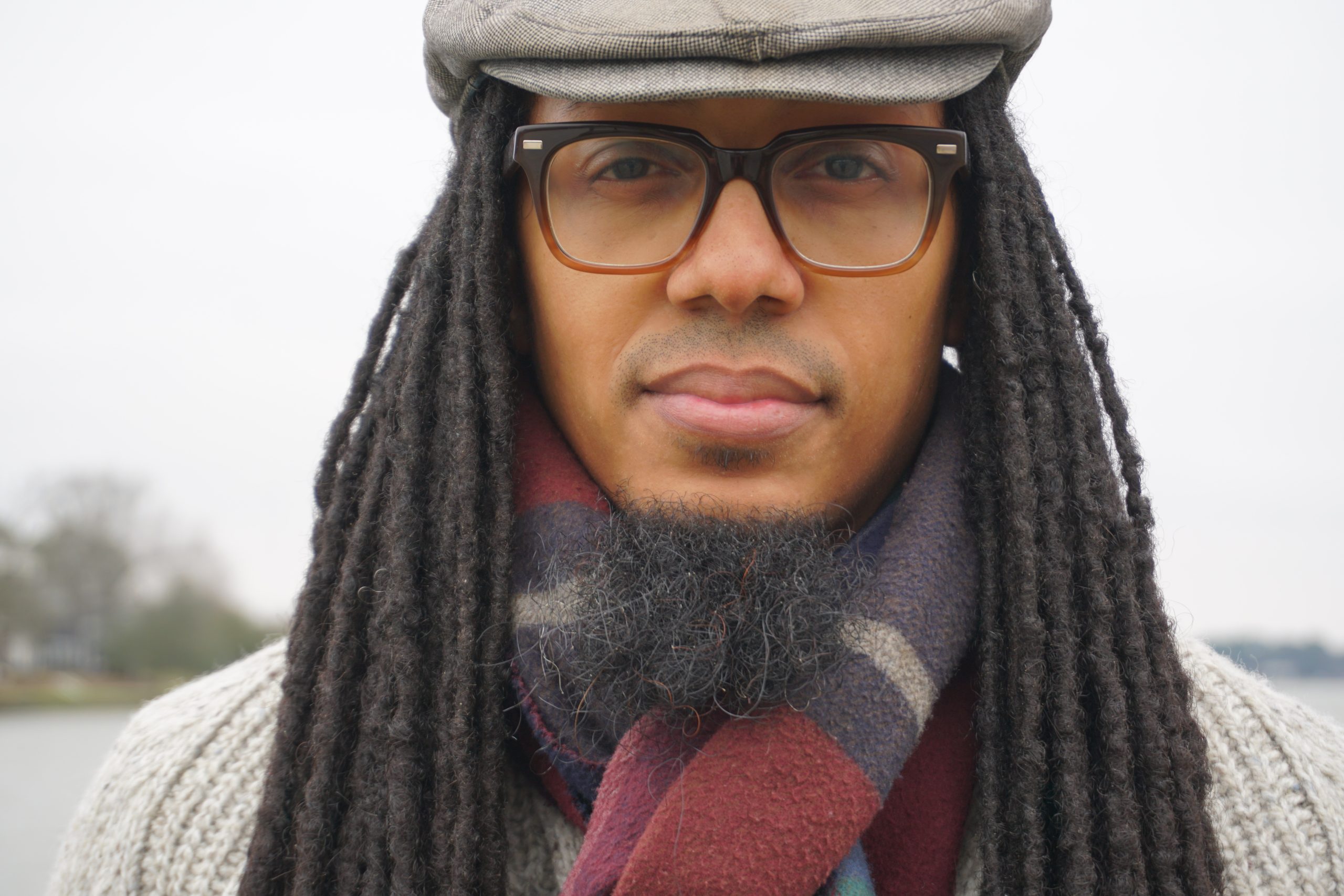By D’Weston Haywood, PhD, Columnist
Opening Pandora’s Box: Larry Elder & the Fight for Reparations
By D’Weston Haywood, PhD, Columnist
Larry Elder, the conservative author, radio show host, and gubernatorial candidate in California’s recent recall election, made statements recently that were certain to attract publicity to his campaign. Elder, who bills himself, the “Sage From South Central,” appeared on the right-wing Candace Owens Show, hosted by Candace Owens. The meeting marked a novel moment, perhaps, as the two represent the new cadre of modern Black conservatives, who wield wide social media influence and have now emerged from or been reinvigorated by Trumpism. And it was on her show that Owens happily provided Elder the space to wax poetic, hammering a point that may have opened a proverbial Pandora’s Box.
Elder asked, “When people talk about reparations, do they really want to have that conversation?” “Like it or not,” he continued, “slavery was legal. Slave owners’ legal property was taken away from them after the Civil War, so you could make an argument that the people who are owed reparations are not only Black people but also the people whose “property” was taken away.” Elder was even armed with a superficial citation to justify the argument, referencing Britain’s Slavery Abolition Act of 1833 that compensated British slave owners after its abolition. Yet, in his determination to reduce the owning of people to a simple equation of property rights, the “Sage” unwittingly blundered.
For heuristic purposes, let’s entertain Elder’s proposition. The offer would necessarily demand a public accounting of who owned enslaved peoples, how many they owned when they owned them, whether they were sold off at any point, and if so, when and where they were sold. An appraisal of the sums of wealth they generated would also have to be documented, an effort that would show the immense monetary value of the enslaved, points that the slaveocracy and Confederacy often downplayed. And the descendants of slaveowners would, of course, have to come forward to prove their authenticity in order to obtain the reparations. This public admission would root out and expose so many people’s longstanding denial of any involvement in the reprehensible institution. The meticulous and voluminous record-keeping this would likely entail might not only aid Black people, who are working to trace their family histories but also open up avenues for descendants of slaves to bring legal cases against the newly financially empowered descendants of slaveowners. One of the leading scholars on reparations, economist William Darity, co-author of From Here to Equality: Reparations for Black Americans in the 21st Century, estimates that the cost of reparations for Black people could amass $10-$12 trillion.
Ownership and property rights are mainstays of Republican and Libertarian thought, to be sure, but touting political ideology was not this Republican candidate’s point—rejecting and ridiculing the logic of Black people’s legitimate claims on the state was—a classic page from the playbook of anti-blackness. Indeed, one of the arguments commonly raised against advocates of Black reparations revolves around the question of who will pay and how. But Elder has provided at least one answer.





